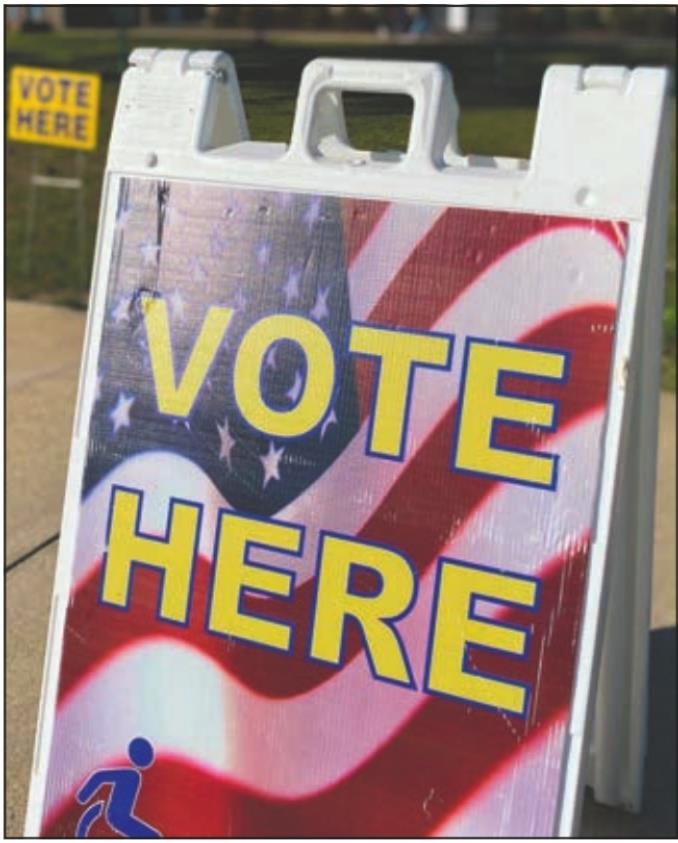Experts: voting machine hacks not a big concern
Were you worried about tampering for Saturday’s Democratic Primary?
Election tampering has been a topic of discussion since before the 2016 election.
Claims of foreign intervention and …
This item is available in full to subscribers.
Subscribe to continue reading. Already a subscriber? Sign in
Get 50% of all subscriptions for a limited time. Subscribe today.
Please log in to continueNeed an account?
|
Experts: voting machine hacks not a big concern
Were you worried about tampering for Saturday’s Democratic Primary?
Election tampering has been a topic of discussion since before the 2016 election.
Claims of foreign intervention and voting machine vulnerabilities replaced political ads immediately after.
Yoav Arad Pinkas is a cyber intelligence analyst with Check Point Software Technologies, a cybersecurity firm.
According to a presentation Pinkas gave at the 2019 AVAR Cybersecurity Conference, Check Point investigated election attacks. They focused on private and national infrastructure.
Other firms and journalists focused on examining fake news and social media.
Check Point’s research into all major, published cyberattacks on democratic elections had surprising results. Although a lot of interest centered on fear of voting machine and voting integrity attacks, there were none reported.
This does not include machine malfunctions or human errors.
The National Conference of State Legislatures says 33 states have laws to address voting machine attacks. In South Carolina, tampering with a voting machine is a felony.
The majority of attacks concentrated on candidates or a political party’s IT infrastructure. These attacks typically happened during the campaign stage.
Another popular target was the interfaces for publishing primary and final election results.
Why political parties and candidates? Check Point found political parties, in particular, were ideal targets. Funding and cyber protection proficiency are not usually what they should be.
Political parties have assets which are attractive to those who mean to skew an election. The parties don’t have access to the protection of national cyber authorities.
Other items that may interest you







Comments
No comments on this item Please log in to comment by clicking here